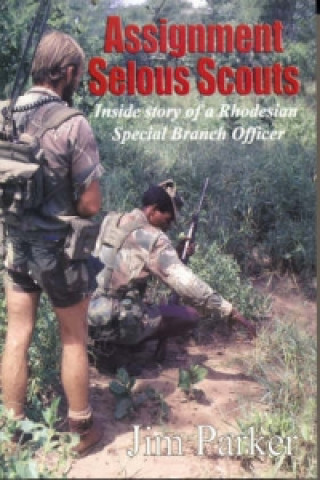
Kod: 05030344
Assignment Selous Scouts
Autor Jim Parker
Assignment Selous Scouts illuminates the day-to-day horrors of the bloody and brutal terror war that was fought in the former Rhodesia against Marxists guerrillas. ZANLA targeted white civilians, particularly farmers, to drive the ... więcej
- Język:
 Angielski
Angielski - Oprawa: Miękka
- Liczba stron: 360
Wydawca: Galago Publishing Pty Ltd, 2006
- Więcej informacji o książce

Zobacz książki o podobnej tematyce
-

The Three-Body Problem 1
112.23 zł -15 % -

Handbook of Gestalt Play Therapy
201.48 zł -
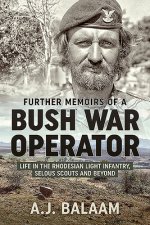
Further Memoirs of a Bush War Operator: Life in the Rhodesian Light Infantry, Selous Scouts and Beyond
112.03 zł -6 % -

Letter
51.79 zł -23 % -

NFL Year One
144.86 zł -5 % -

Remarkable Plants: Five-Year Journal
53.90 zł -23 % -
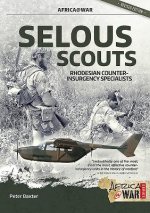
Selous Scouts
131.51 zł -7 % -
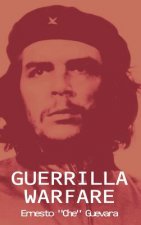
Guerrilla Warfare
105.40 zł -4 % -
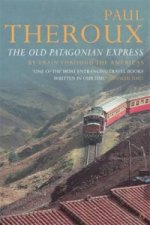
Old Patagonian Express
79.20 zł -23 % -
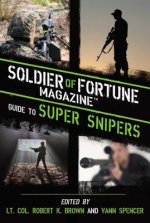
Soldier of Fortune Magazine Guide to Super Snipers
107.31 zł -10 % -

Mirages
153.59 zł -14 % -

Crazy in Love
115.95 zł -

Portuguese Verbs & Essentials of Grammar 2E.
65.55 zł -23 % -

Church Dogmatics
1207.67 zł -

Contact and Conflict in Frankish Greece and the Aegean, 1204-1453
865.18 zł -

Advanced Chip Design, Practical Examples in Verilog
193.01 zł -

Science Fiction and Philosophy - From Time Travel to Superintelligence
475.76 zł -

Immunotoxicity, Immune Dysfunction, and Chronic Disease
865.68 zł -

Languages of Science in the Eighteenth Century
769 zł -

Artistic Dimension
291.13 zł -

Adventures of the Crumpsall Kid
85.52 zł -23 %
Powiadomienie o dostępności
Wpisz swój adres e-mail, aby otrzymać od nas powiadomienie,
gdy książka będzie dostępna. Proste, prawda?
Więcej informacji o Assignment Selous Scouts
 Opis
Opis
Assignment Selous Scouts illuminates the day-to-day horrors of the bloody and brutal terror war that was fought in the former Rhodesia against Marxists guerrillas. ZANLA targeted white civilians, particularly farmers, to drive them from the land as well as tribal blacks to bring them onside using a strategy of murder, torture, rape, arson and other horrible acts of terror. They laid landmines indiscriminately on public roads. By the war's end there had been 21782 recorded terrorist incidents in the country (7996 in Hurricane, 5398 in Thrasher, 5676 in Repulse and 2712 in Grapple and Tangent between them). There were 1276 landmine detonations that caused 7283 casualties. Although involved in the conflict earlier while a regular policeman, the author stepped back into the Rhodesian Bush War in mid 1977 when as a farmer and a Police A Reservist he was appointed as a Special Branch liaison officer with the Selous Scouts at their Chiredzi Fort in the Lowveld. Much of what he has written in this book has come from his personal knowledge and experience. What Jim Parker didn't know then was that on 20 July 1977 the Security Force chiefs at Combined Operations had told Prime Minister Ian Smith that the war couldn't be won 'by purely military means' and that it was vital he arrived at an early political settlement before the point of no return was reached. The advice wasn't taken, the point of no return was reached, and the no-win-war dragged on for another 2 half years at the cost of countless lives. It had become apparent early in the war that the Security Forces couldn't make contact with the guerrillas using conventional counter-insurgency methods, because the enemy's tactic was to merge with and hide among the local tribal population. This had resulted in the formation of the Selous Scouts Regiment with the role of infiltrating pseudo guerrillas into enemy groups and bringing them to contact. The unit comprised two arms - an army unit under Major Ron Reid Daly whose operators were responsible for the pseudo groups operational deployment and Special Branch liaison officers under Superintendent Mac McGuinness, who gathered the intelligence and 'turned' captured guerrillas and got them to fight for the government. Each was a vital component of the whole scheme and neither could have successfully operated without the other. By the war's end it was estimated that the Selous Scouts had accounted for 68% of all guerrillas killed or captured during the war. This is a story of pseudo warfare - the outwitting of an enemy by means that reminds one of the Trojan Horse - and of major armed column raids into surrounding black-ruled states. It is also tells the full unvarnished story for the first time of how the increasingly desperate Rhodesians faced with the impossible task of defending their 1000 plus kilometre long eastern border with Mozambique looked around in desperation for a force multiplier to combat guerrilla infiltrations. Cholera was introduced into the Gaza Province of Mozambique in the hope of debilitating infiltrating guerrillas. It worked, but it also infected the local population and later spread into Rhodesia. Anthrax was introduced to kill cattle to reduce the food supply available. That also worked but it boomeranged back into Rhodesia and caused a large number of deaths in the tribal areas. Seizing the opportunity Special Branch and the Selous Scouts infiltrated ZANLA's logistical supply chains with canned food, medicines and other supplies contaminated with poisons. Clothing was impregnated with toxins that invaded the body through hair follicles. Thousands of guerrillas died. In late 1979 all parties to the conflict - Bishop Muzorewa and the by then Zimbabwe-Rhodesia government - under the watchful eye of Ian Smith and his colleagues - Joshua Nkomo and his ZAPU-PF and Robert Mugabe and his ZANU-PF were elbowed to the negotiating table at Lancaster House in London by the British, where it was eventually agreed that fully inclusive free and fair elections would take place in April 1980 under the supervision of a British governor. The security chiefs regarded Mugabe as a terrorist and were determined he wouldn't live to see the elections. A CIO bomb plot to kill him in London during the Lancaster House talks reached trigger stage, but it was called off. It was then planned to detonate a car bomb at Maputo Airport on 27 January 1980 just before he caught a plane to Salisbury. Fortuitously for him he used a different airport entrance and survived. A back-up plan to kill him with command-detonated landmines buried in the road after he left Salisbury Airport had already been cancelled. At least another eight attempts on Mugabe's life either failed or were aborted. During the election run-up two things were apparent. Robert Mugabe had no intention of playing by the rules and he ordered his hard-core guerrillas to remain outside the assembly points to brutally intimidate the black populace into voting for ZANU-PF. Comops expressed confidence that a coalition of Nkomo, Muzorewa and smaller parties would win. But Comops had its own secret agenda. With the connivance of South Africa and the tacit approval of British MI6 - who had been fighting the Cold War since 1946 and had no liking for Marxists like Mugabe - they intended to manipulate the election by 'stuffing' the ballot boxes.
 Szczegóły książki
Szczegóły książki
Kategoria Książki po angielsku Humanities History Military history
- Pełny tytuł: Assignment Selous Scouts
- Podtytuł: Inside Story of a Rhodesian Special Branch Officer
- Autor: Jim Parker
- Język:
 Angielski
Angielski - Oprawa: Miękka
- Liczba stron: 360
- EAN: 9781919854144
- ID: 05030344
- Wydawca: Galago Publishing Pty Ltd
- Waga: 485 g
- Wymiary: 242 × 168 × 24 mm
- Data wydania: 01. June 2006
Ulubione w innej kategorii
-
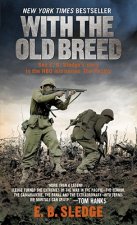
With the Old Breed
45.47 zł -5 % -
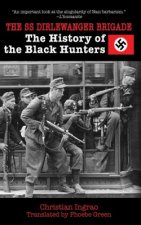
SS Dirlewanger Brigade
73.08 zł -6 % -

Mediterranean Air War, 1940-1945
230.09 zł -23 % -

Wars of the Roses
81.41 zł -5 % -
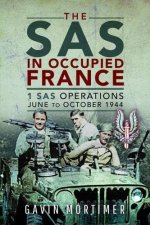
SAS in Occupied France
115.84 zł -23 % -
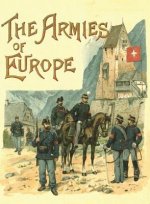
Armies of Europe Illustrated
122.47 zł -

Soviet Cruise Missile Submarines of the Cold War
85.32 zł -5 % -

Black Prince And The Sea Devils
177.89 zł -
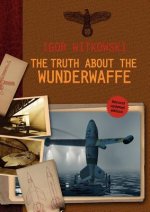
Truth About The Wunderwaffe
217.14 zł -
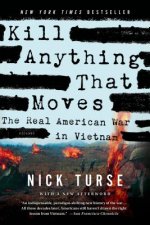
Kill Anything That Moves
93.26 zł -5 % -
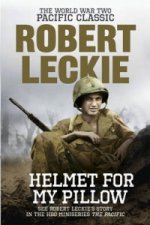
Helmet for my Pillow
60.93 zł -23 % -

Forgotten Highlander
60.93 zł -23 % -

TM 9-803 Willys-Overland MB and Ford Model GPW Jeep Technical Manual
93.05 zł -5 % -
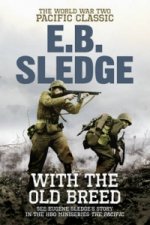
With the Old Breed
70.16 zł -23 % -

Sleepwalkers
87.63 zł -14 % -
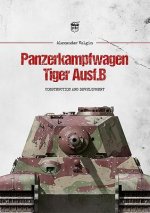
Panzerkampfwagen Tiger Ausf.B
105.91 zł -13 % -
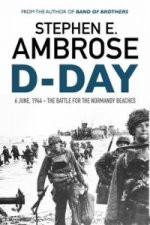
D-Day
47.18 zł -23 % -
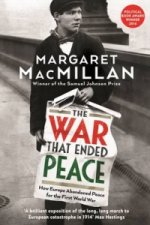
War that Ended Peace
46.87 zł -14 % -
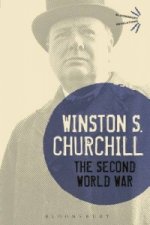
Second World War
135.82 zł -9 % -
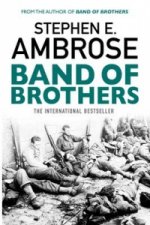
Band Of Brothers
43.26 zł -15 % -
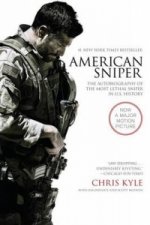
American Sniper
51.69 zł -23 % -
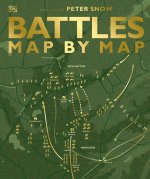
Battles Map by Map
137.03 zł -14 % -
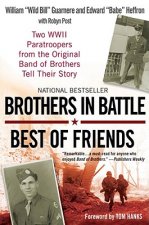
Brothers in Battle, Best of Friends
77.29 zł -5 % -
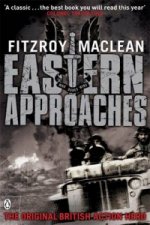
Eastern Approaches
60.93 zł -23 % -
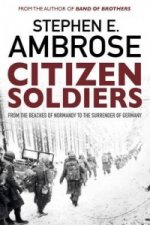
Citizen Soldiers
60.93 zł -23 % -
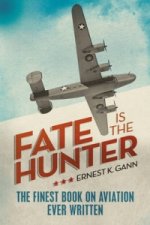
Fate is the Hunter
51.69 zł -23 % -
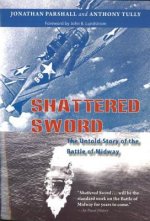
Shattered Sword
151.08 zł -6 % -
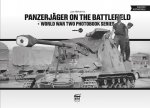
Panzerjager on the Battlefield
120.26 zł -23 % -
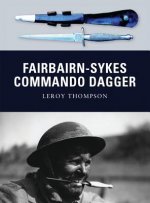
Fairbairn-Sykes Commando Dagger
74.58 zł -23 % -
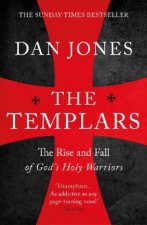
Templars
56.31 zł -23 % -
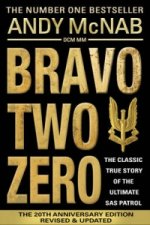
Bravo Two Zero
52.20 zł -15 % -
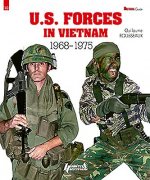
Us Forces in Vietnam 1968 - 1975
101.29 zł -4 % -
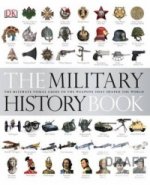
Military History Book
138.53 zł -23 % -

Lost Victories
101.99 zł -23 % -
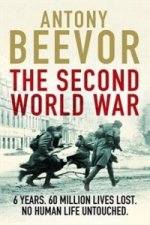
The Second World War
78.70 zł -14 % -

Hirohito and the Making of Modern Japan
70.16 zł -23 % -
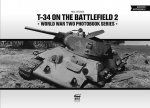
T-34 on the Battlefield. Volume 2
178.39 zł -6 % -
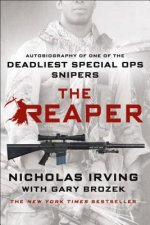
Reaper
85.32 zł -5 % -

RAF Battle of Britain Fighter Pilots' Kitbag
79.20 zł -23 % -
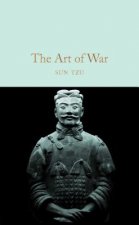
Art of War
52.20 zł -15 % -
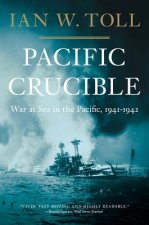
Pacific Crucible
105.40 zł -4 % -
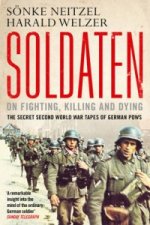
Soldaten - On Fighting, Killing and Dying
47.18 zł -23 % -

1914-1918
88.44 zł -23 % -
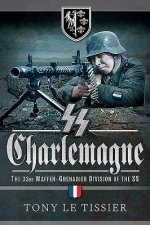
SS Charlemagne
60.93 zł -23 % -
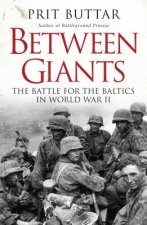
Between Giants
96.17 zł -11 % -
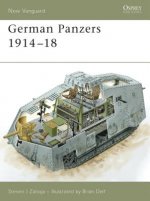
German Panzers 1914-18
67.35 zł -15 % -
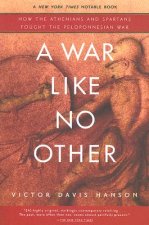
War Like No Other
81.21 zł -11 % -
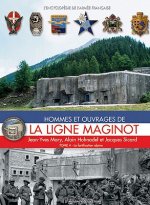
Hommes et ouvrages de la ligne Maginot, Tome 4
220.55 zł -
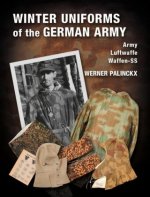
Winter Uniforms of the German Army
358.60 zł -4 %
zadowolonych klientów
Od roku 2008 obsłużyliśmy wielu miłośników książek, ale dla nas każdy był tym wyjątkowym.
Copyright! ©2008-24 libristo.pl Wszelkie prawa zastrzeżonePrywatnieCookies



 21 milionów książek
21 milionów książek Dostawa 10.99 zł
Dostawa 10.99 zł (32) 444 93 66 (8-15.30h)
(32) 444 93 66 (8-15.30h)